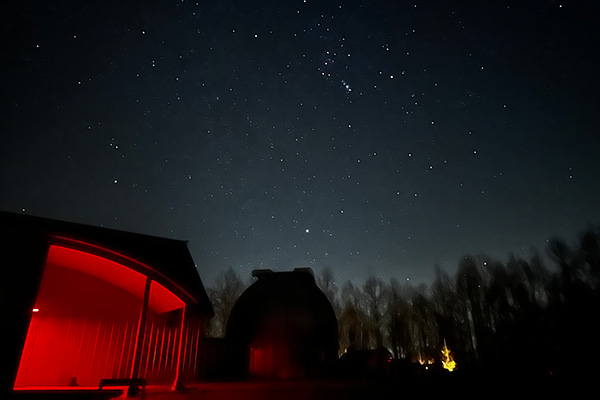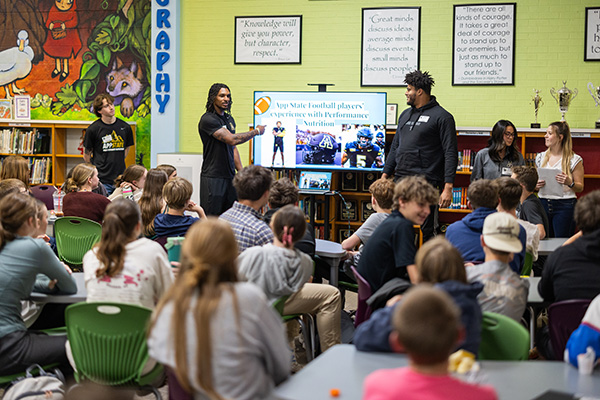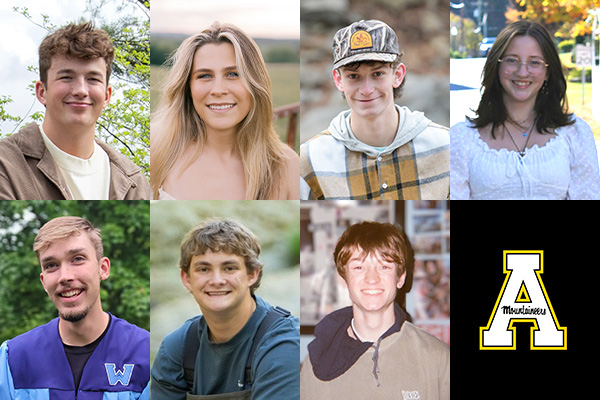Dr. Lee Ball, the interim director of sustainability for Appalachian State University, has all the credentials: a doctorate in Sustainability Education, a master’s in Environmental Education, and a Bachelor of Science degree in Natural Science. He has taught sustainability-related content for 14 years. His primary research is focused on sustainability literacy, the valuation of green building, biophilic/ecophilic design and change agency related to community engagement.
Dr. Ball also walks the walk.
He serves on the boards of a number of institutions with sustainability priorities. He is a habitual volunteer. He is helping to establish a sustainability council at his alma mater, Lees-McRae College. He rides his bike to work. He once lived with bears. He closely mentors 15 or more interns and untold numbers of students. He gardens, he’s a vegan; he runs and he loves his family.
Oh, and then there’s his day job.
Ball assumed his position in the Office of Sustainability in May and has been on fire since. In a podcast recorded in September, he shared his thoughts about the meaning of sustainability, what it means at Appalachian and what he wants to accomplish.
On the definition of sustainability
Sustainability is a process. The definition is something a lot of people struggle with. We spend a lot of our time trying to help people figure out how they’re going to connect to it. Because it is so beautiful here, it is natural for us to rally for the environment. A subset of that is a thriving, strong and flourishing economy that supports the society. When everything is somewhat in balance, then the environment and the people are happy.
On faculty outreach
We have so many [faculty] experts here… national and international leaders. We’re already doing academic integration. Now we need to leverage it. We need to tell the stories.
On educating the university
We have a team of outreach interns... who are on campus frequently so that the students, faculty and staff can understand what we do... we’re out there talking about equity and we’re talking about the environment and zero waste and triple bottom line economics and art and all of the different ways that you can connect with sustainability.
On assessment
The university is in our second year of a new strategic plan called The Appalachian Experience: Envisioning a Just and Sustainable Future. The idea of the sustainability literacy project is to assess the knowledge, behaviors and attitudes of our campus community. We have a series of surveys for incoming students, both transfers and freshmen, faculty and staff... [as well as] qualitative interviews and focus groups. We will survey them again toward the end of the strategic plan to see if we’ve moved the needle.
On waste reduction – beyond recycling
When we’re throwing something away, we need to know what ‘away’ is and we need to know the right receptacle to put it in.
...The largest part of zero waste is the upstream part of it. So we’re working on not buying certain things or we’re buying things that are recyclable or that can be used again. It’s not an afterthought.
...We’re starting a green office certification program with standards and criteria for things an office can do to make its environment more sustainable.
On this place, at this time
We are really lucky that we have integrated sustainability at very deep and high and broad levels here at Appalachian. It’s really an exciting time to be here. The issues related to sustainability are serious, and we can’t be complacent and sit here as bystanders. We all have to participate and so we’re trying to get people engaged and involved.
Dr. Ball’s Sustainability Bucket List
- Climate change film series and faculty discussion
- Green certification for campus offices
- Leadership training for orientation, admissions, campus tours and recruiting
- High visibility/outreach
- Zero waste education for campus
- Expansion of Zero Waste Stadium
- Sustainability assessment
- Faculty development
- Student Sustainability Council
- Faculty sustainability research directory
- Residence hall sustainability representatives
- Promoting alternative transportation
- Sustainability-themed grants for students, faculty and staff
- Cigarette butt litter awareness
- Sustainability podcast series
What do you think?
Share your feedback on this story.
A Conversation with Dr. Lee Ball and Chief Diversity Officer Bindu Kolli Jayne
About Sustainability and Energy Management at App State
Appalachian State University’s leadership in sustainability is known nationally. The university’s holistic, three-branched approach considers sustainability economically, environmentally and equitably in relationship to the planet’s co-inhabitants. The university is an active steward of the state’s interconnected financial, cultural and natural resources and challenges students and others think critically and creatively about sustainability and what it means from the smallest individual action to the most broad-based applications. The university offers both undergraduate and graduate academic degree programs that focus on sustainability. In addition, 100 percent of Appalachian’s academic departments offer at least one sustainability course or course that includes sustainability, and all students graduate from programs that have adopted at least one sustainability learning outcome. Learn more at https://appstate.edu/sustainability.
About Appalachian State University
As a premier public institution, Appalachian State University prepares students to lead purposeful lives. App State is one of 17 campuses in the University of North Carolina System, with a national reputation for innovative teaching and opening access to a high-quality, cost-effective education. The university enrolls more than 21,000 students, has a low student-to-faculty ratio and offers more than 150 undergraduate and 80 graduate majors at its Boone and Hickory campuses and through App State Online. Learn more at https://www.appstate.edu.

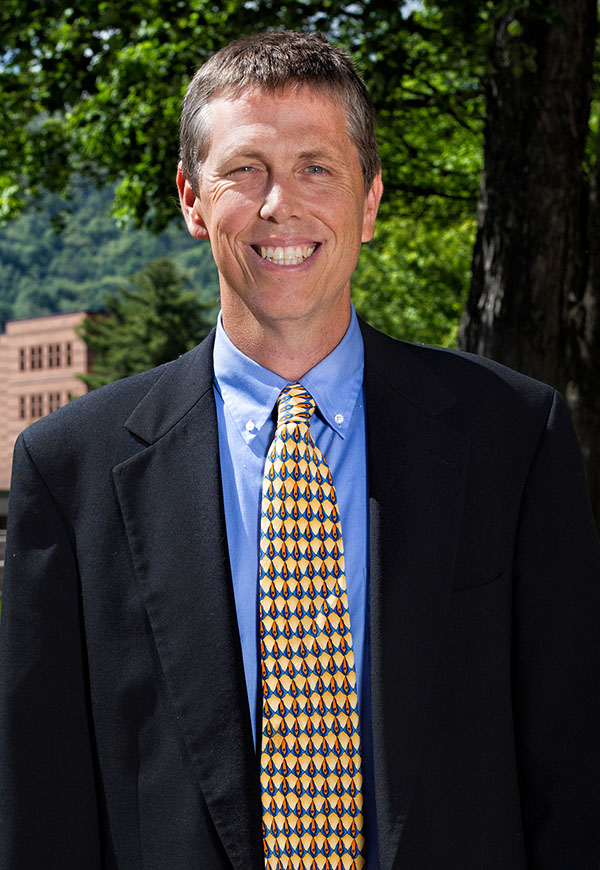
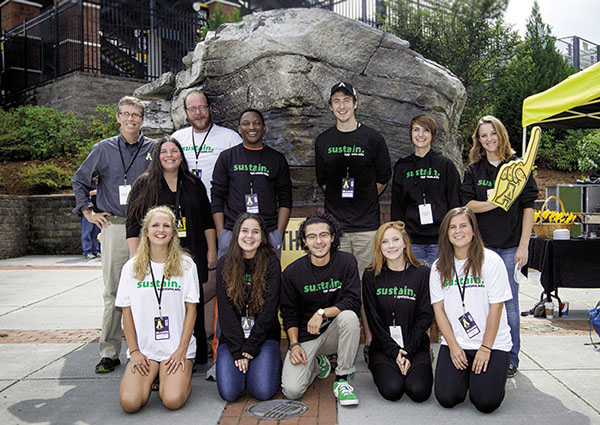
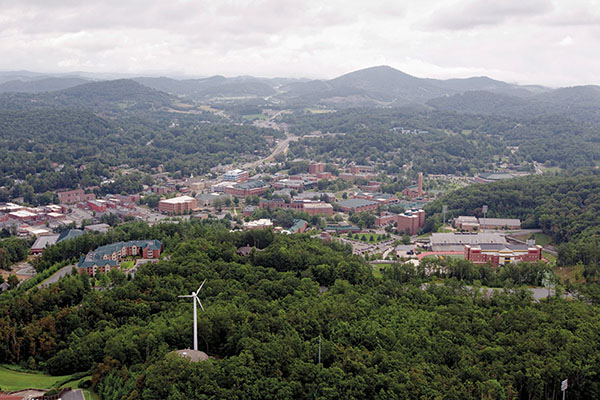
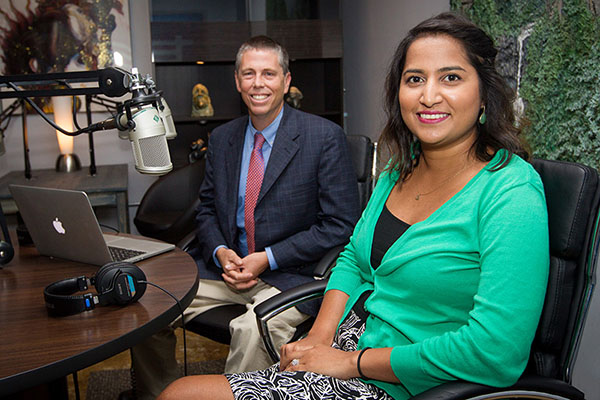
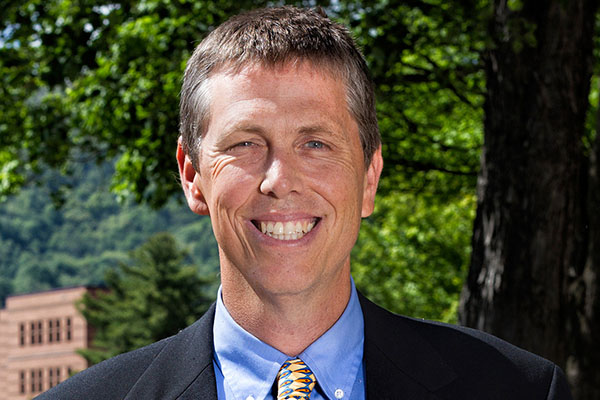
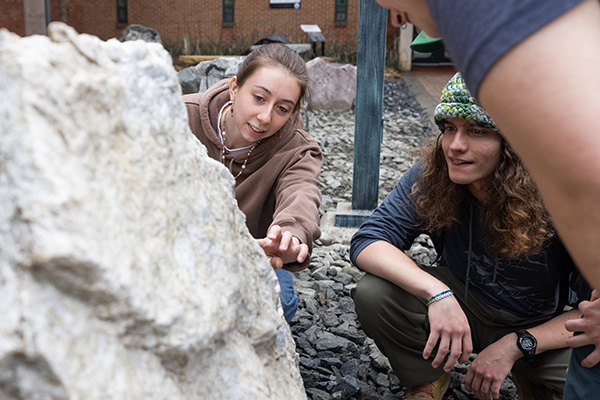
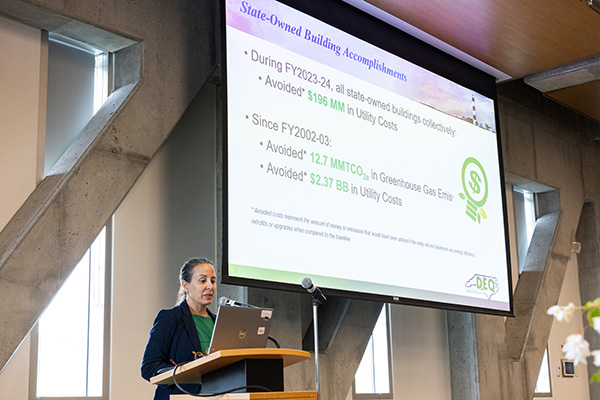
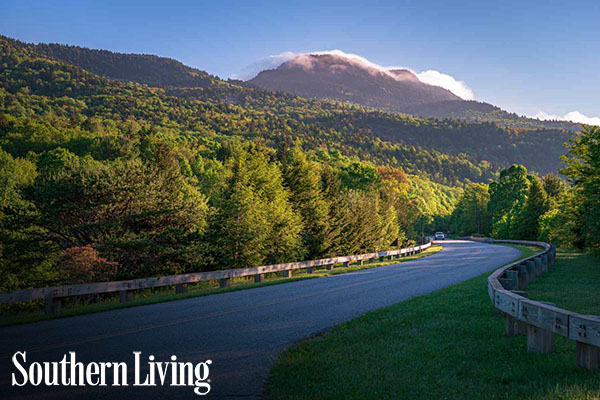
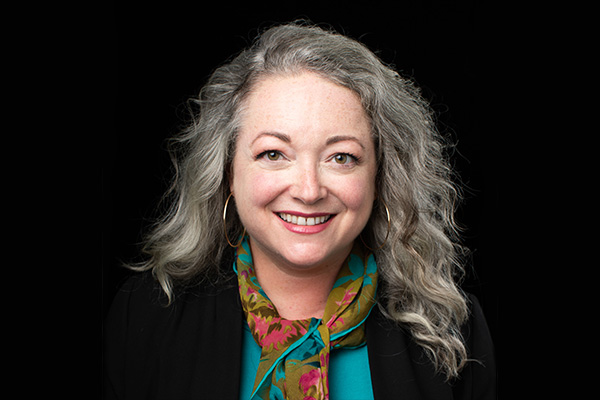

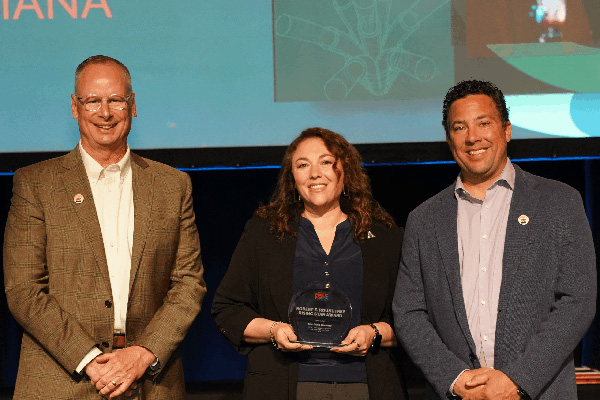
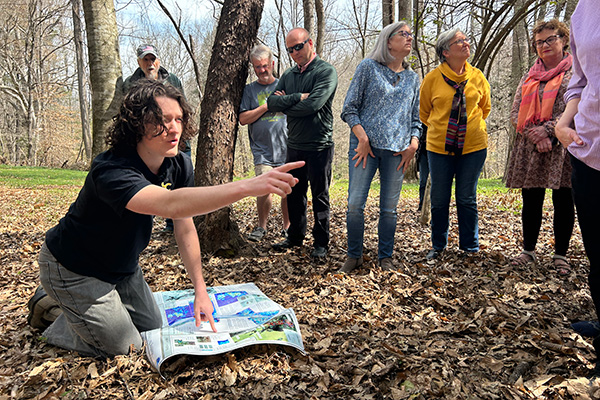
![‘Dragon prince’ dinosaur may be missing link in T. rex evolution [alumni featured]](/_images/_posts/2025/06/dragon-prince-600x400.jpg)
![Is Carb Cycling the Key to Increasing Your Endurance? [faculty featured]](/_images/_posts/2025/06/carb-cycling-600x400.jpg)
